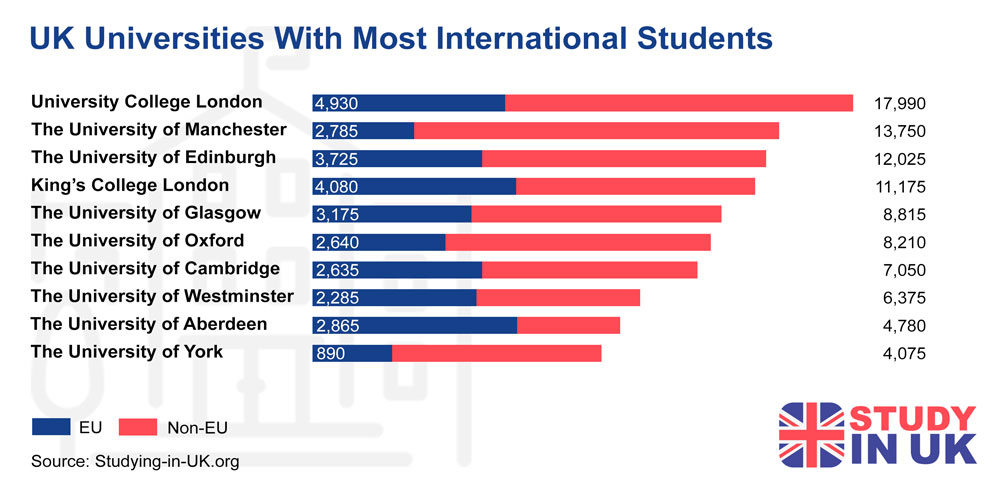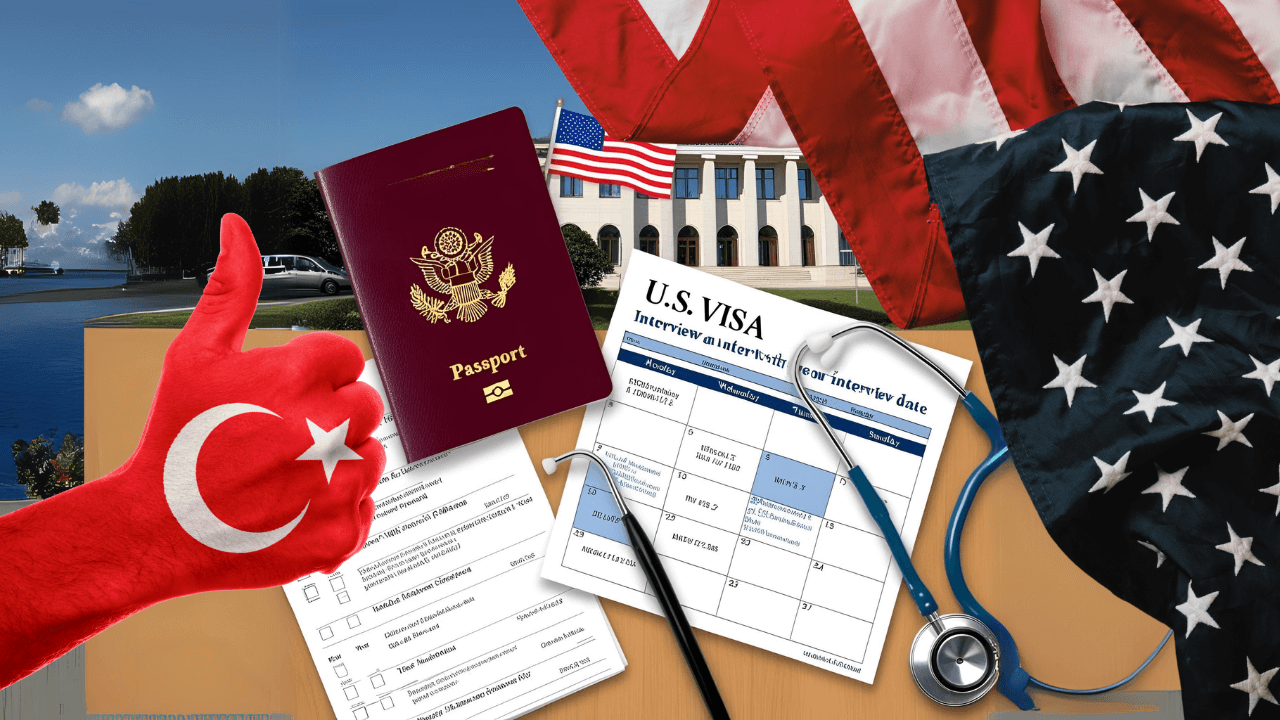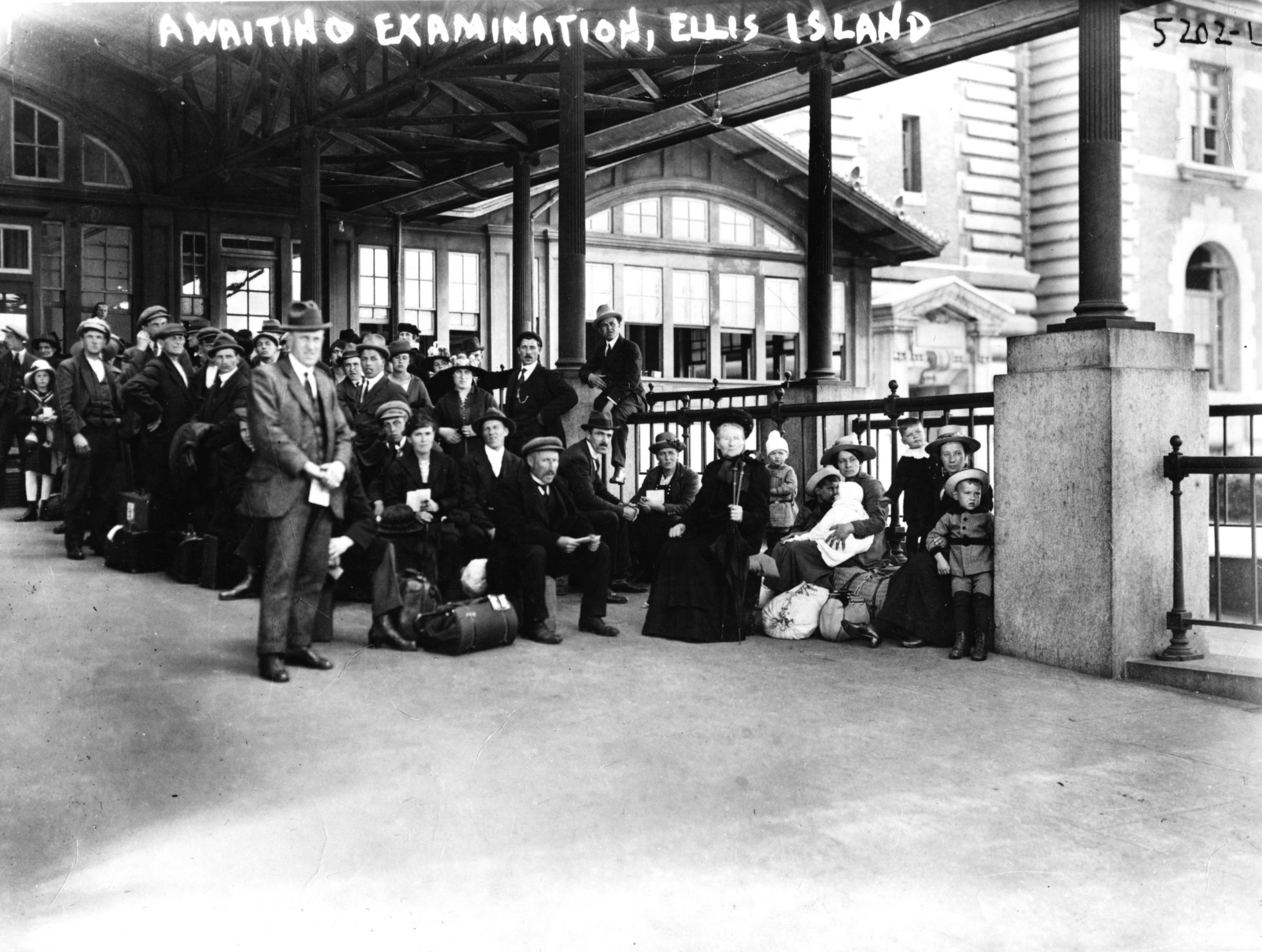The United Kingdom, a global hub for higher education, has long attracted international students with its prestigious universities and vibrant cultural landscape. However, recent Home Office proposals to impose stricter restrictions on international student visas, announced in September 2025, signal a significant shift in the UK’s immigration policy. Aimed at reducing net migration, these measures include limiting dependants, tightening compliance for universities, and addressing visa overstays. This article explores the evolving visa policies, the challenges and successes of international students, cultural adaptation in the UK, and practical guidance for navigating the immigration system, weaving in personal stories to highlight the human side of these changes.
The UK’s Shifting Visa Landscape
In response to net migration figures reaching 431,000 in 2024, down from 860,000 in 2023, the Home Office is intensifying efforts to curb immigration while preserving the UK’s appeal as an educational destination. The Labour government, under Home Secretary Yvette Cooper, has prioritized reducing migration to “sustainable levels,” with international students—a significant contributor to migration statistics—facing new scrutiny. As of January 2024, most international students, except those on postgraduate research programs, can no longer bring dependants, a policy that led to an 81% drop in dependant visas (from 91,000 to 17,804 in the year to June 2025). The Home Office is now considering further restrictions, including a proposed levy on university income from international student fees and stricter compliance rules for sponsoring institutions.
The Immigration White Paper, published in May 2025, outlined additional changes, such as reducing the Graduate Route visa duration from 24 to 18 months for undergraduate and master’s graduates, while doctoral students retain a three-year post-study work option. Universities must now maintain a 95% course enrollment rate and 90% course completion rate to pass Basic Compliance Assessment (BCA) metrics, a five-percentage-point increase from previous thresholds. These policies aim to ensure that international students are “genuine” and prioritize education over immigration pathways, but critics argue they risk deterring talent and harming the UK’s £40 billion international education sector.
Visa Processes: Navigating the Student Route
Obtaining a UK Student Visa, previously known as the Tier 4 General Student Visa, is a structured but demanding process. International students aged 16 or older must secure a Confirmation of Acceptance for Studies (CAS) from a licensed sponsor, typically a university, and meet specific eligibility criteria. These include proving English language proficiency at B2 level (upper intermediate), demonstrating financial stability (approximately £1,334 per month for living costs in London, or £1,023 elsewhere), and paying the Immigration Health Surcharge (£1,035 per year as of February 2024). Applications, costing between £490 and £1,500, must be submitted online, with decisions typically issued within three weeks for overseas applicants or eight weeks for in-country extensions.
Step-by-step guidance for applying includes:
1. Secure a CAS: Obtain an unconditional offer from a licensed sponsor and request a CAS, which includes a unique reference number.
2. Prepare documents: Gather a valid passport, proof of funds, English proficiency test results (e.g., IELTS or TOEFL), and tuberculosis test results if required.
3. Apply online: Submit the application via the UK Visas and Immigration (UKVI) portal, paying the visa fee and health surcharge.
4. Attend a biometric appointment: Provide fingerprints and a photograph at a visa application center.
5. Track and comply: Monitor application status and ensure compliance with visa conditions, such as not working more than 20 hours per week during term time.
The Home Office’s recent focus on compliance has led to stricter oversight. In September 2025, approximately 130,000 international students were contacted via text and email, warning of deportation for overstaying visas, following a spike in asylum claims (14,800 in 2024, up from 2,500 in 2020). This campaign reflects the government’s concern that some students use study as a “backdoor” to work or asylum, particularly from countries like Pakistan, India, Bangladesh, and Nigeria.
“I received a text from the Home Office warning me to leave when my visa expires,” says Priya, a 24-year-old Indian master’s student at the University of Manchester. “It was unsettling, but it pushed me to plan my next steps carefully.”
Challenges Facing International Students
International students face a myriad of challenges, from financial pressures to cultural adjustments. The 66% increase in the Immigration Health Surcharge to £1,035 per year, combined with rising tuition fees (averaging £22,000 annually for non-EU students), places significant strain on students. Many, like Ade, a 27-year-old Nigerian studying engineering at UCL, rely on part-time work within the 20-hour weekly limit to survive. “I work as a barista to cover rent, but the hours are barely enough,” he says. “The new rules make it harder to bring my wife, so I’m alone here, which is tough.”
The ban on dependants, effective January 2024, has disproportionately affected students from Nigeria and India, with applications dropping 63.5% and 13% respectively in 2023. This policy, coupled with the inability to switch from a student visa to a work visa before course completion (except for PhD students after 24 months), limits flexibility. Universities UK reported a 44% decline in postgraduate-taught course enrollments in January 2024, highlighting the financial impact on institutions reliant on international fees.
Cultural isolation is another hurdle. Students from non-Western backgrounds often struggle to integrate into the UK’s fast-paced, individualistic culture. For example, Wei, a 22-year-old Chinese student at King’s College London, describes feeling “lost” in social settings. “In China, community is everything, but here, people keep to themselves. It took months to make friends,” she shares. Language barriers also pose challenges, despite the B2 English requirement, as academic and colloquial English differ significantly.
Overcoming Obstacles: Practical Tips
Navigating these challenges requires resilience and strategy. Key tips include:
- Financial planning: Budget meticulously, factoring in tuition, living costs, and the health surcharge. Explore scholarships like Chevening or university-specific grants.
- Time management: Balance study and part-time work by prioritizing academic commitments, as visa compliance hinges on course attendance.
- Seek support: Utilize university international student offices, which offer visa advice, mental health support, and cultural integration programs.
- Build networks: Join student societies or cultural groups to combat isolation and connect with peers from similar backgrounds.
The Home Office’s crackdown on “visa abuse” has also led to stricter sponsor duties. Universities failing to meet BCA thresholds risk losing their sponsorship license, prompting institutions to enhance support for students. For instance, the University of Edinburgh offers free visa workshops and mental health resources, helping students like Ade manage stress and stay compliant.
Success Stories: Thriving Against the Odds
Despite the challenges, many international students thrive in the UK, contributing to its economy and cultural diversity. Take the story of Sanjay, a 26-year-old Indian graduate from the University of Warwick. After completing his MSc in Data Science, he secured a Graduate Route visa and landed a job at a London tech firm. “The visa gave me time to network and apply for jobs,” he says. “I attended career fairs and used LinkedIn to connect with employers. It wasn’t easy, but it paid off.” Sanjay’s story reflects the potential of the Graduate Route, which allows graduates to work or seek employment for up to two years (or 18 months starting January 2026).
Similarly, Aisha, a 29-year-old Pakistani PhD student at Oxford, leveraged her research skills to secure a lectureship position before completing her degree. “The UK’s academic environment is rigorous but rewarding,” she says. “My supervisors encouraged me to publish papers, which opened doors.” Aisha’s ability to bring her husband as a dependant under PhD visa rules provided emotional stability, highlighting the importance of family support for some students.
“The UK gave me opportunities I wouldn’t have had back home,” Sanjay reflects. “But you have to be proactive—attend every workshop, apply for every job, and never give up.”
These success stories underscore the UK’s appeal as a destination for ambitious students. In 2024, 431,725 student visas were issued, a 52% increase from 2019, with Indian students comprising the largest non-EU group. The economic contribution is significant: international students add £40 billion annually, supporting jobs and local businesses.
Cultural Integration: Embracing British Life
Adapting to British culture is a critical aspect of the international student experience. The UK’s multicultural cities, like London and Manchester, offer diverse communities, but rural campuses can feel isolating. Students often encounter cultural differences, such as direct communication styles or pub-centric socializing, which may contrast with their home cultures. For example, Chukwu, a 23-year-old Nigerian student at the University of Leeds, initially struggled with British humor. “People here joke in a dry way, and I took it personally at first,” he laughs. “Now, I love it.”
Integration tips include:
- Learn local customs: Understand British etiquette, such as queuing or saying “sorry” frequently, to ease daily interactions.
- Engage in activities: Join sports clubs, volunteering groups, or cultural societies to build connections and explore British traditions.
- Improve language skills: Take advantage of free English classes offered by universities or community centers to master academic and social communication.
- Explore the UK: Travel to historical sites like Stonehenge or vibrant cities like Edinburgh to appreciate the country’s diversity.
Universities play a vital role in fostering integration. The University of Bristol, for instance, hosts “Global Lounge” events where students share their cultures through food, music, and storytelling. Such initiatives help students like Wei feel included. “At Global Lounge, I taught others how to make dumplings,” she says. “It made me feel like I belong.”
Legal Guidance: Staying Compliant
Compliance with UK immigration rules is non-negotiable, as violations can lead to visa cancellation or deportation. The Home Office’s recent campaign targeting overstays underscores this, with 16,000 students claiming asylum in 2024, prompting stricter enforcement. Students must adhere to visa conditions, such as attending classes, reporting changes in circumstances (e.g., course withdrawal), and not engaging in prohibited activities like running a business.
Legal tips for students include:
- Monitor visa expiry: Apply for extensions or Graduate Route visas well before your current visa expires, as delays can lead to overstays.
- Understand work restrictions: Adhere to the 20-hour weekly work limit during term time, and ensure jobs align with permitted activities (e.g., no self-employment).
- Seek expert advice: Consult university international offices or organizations like UKCISA for guidance on visa applications and compliance.
- Stay informed: Check GOV.UK for updates on immigration rules, as policies change frequently.
The introduction of the Agent Quality Framework (AQF), set to become mandatory, aims to curb misuse by unscrupulous recruitment agents. Universities must now ensure agents meet high standards, protecting students from fraudulent applications. Additionally, the Home Office’s “red-amber-green” rating system for sponsors will publicly track compliance, incentivizing institutions to support students effectively.
Policy Impacts and Future Outlook
The proposed restrictions have sparked debate. Universities UK and UKCISA warn that further curbs could deter international students, threatening the UK’s status as a top study destination. The proposed levy on international student fees, intended to fund higher education, may increase costs for universities, potentially raising tuition. Critics, including the Refugee Council, argue that policies targeting asylum claims unfairly penalize students fleeing genuine persecution. “Some students only feel safe applying for asylum once they’re here,” says Jon Featonby, a senior policy analyst. “It’s not abuse—it’s survival.”
Conversely, the government emphasizes the need to balance migration control with economic benefits. Home Secretary Cooper has pledged to support “genuine” refugees while preventing system misuse. The Migration Advisory Committee (MAC) is reviewing policies like the family visa income threshold (£29,000 as of April 2024) and the Temporary Shortage List, with reports due in June 2025. These reviews could lead to further adjustments, impacting students’ long-term plans.
For students like Priya, the uncertainty is daunting but motivating. “I’m applying for the Graduate Route to stay and work,” she says. “The rules are tough, but I’m determined to make it.” Her story, like those of Sanjay, Aisha, and others, reflects the resilience of international students navigating a complex system. With proper preparation, cultural adaptability, and compliance, they can seize the opportunities the UK offers while overcoming its challenges.



















0 Comments